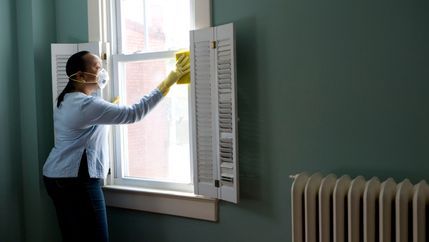
Working remotely, often meeting strangers in unfamiliar properties or resolving situations in people’s homes, is part of everyday working life for many agents. Most of the time, these appointments run smoothly and without incident, but being away from the support of colleagues whilst being in an unfamiliar setting can increase the potential risk of harm from violent or aggressive situations.
Being subjected to abuse, harassment and violent situations can have a profound effect on staff in terms of work-related stress, and psychological, physical and mental health. This can also negatively impact businesses, affecting staff turnover and productivity and causing reputational damage.
The importance of personal safety
The Health & Safety Executive (HSE) states 'lone working does not automatically imply a higher risk of violence, but it does make workers more vulnerable [due to] the lack of nearby support from a colleague'.
Employers have a responsibility via the Health & Safety at Work etc Act and the Management of Health & Safety at Work Regulations to ensure the safety of their staff when lone working. Thought must be given to what might cause harm to people and whether enough is being done to prevent that harm from occurring. Health and safety risks must be managed before any employee is able to work. This must include the provision of training, ways of keeping in contact with staff and ways to prevent work-related violence.
The Suzy Lamplugh Trust defines personal safety as 'An individual’s ability to go about their daily lives free from the threat or fear of psychological, emotional or physical harm from others'.
Although the high-profile disappearance of Suzy Lamplugh happened nearly 40 years ago, risks remain higher than most for anyone working alone or attending appointments in properties. More than 150 lone workers across all sectors are attacked per day in the UK, and a survey of agents across the UK by Putney estate agent, Allan Fuller showed that just 22% of agents feel safe when on viewings, while 82% say safety isn’t taken seriously enough.
View the Suzy Lamplugh Trust for further training and advice →
Guidance for property agents
Although the advice in this guide cannot eliminate all incidents of aggression, harassment and violence, it can help agency owners, managers and staff to understand the risks and put policies and procedures in place to mitigate those risks.
Propertymark lone worker safety training
Learn the principles of good practice when working alone, even if is working alone at your usual place of work, with this online course, which includes an outline of health and safety management law, mobile phone safety, contingency planning and exit strategies.
View more details about our lone worker safety training →





